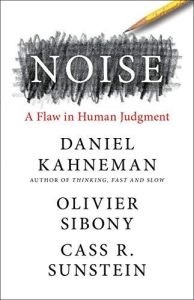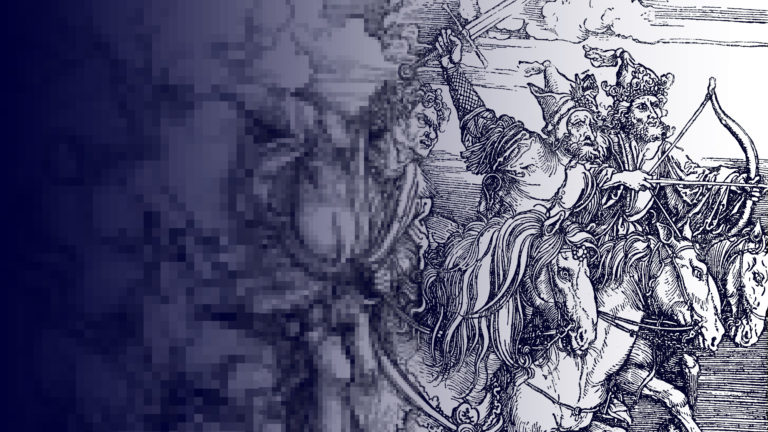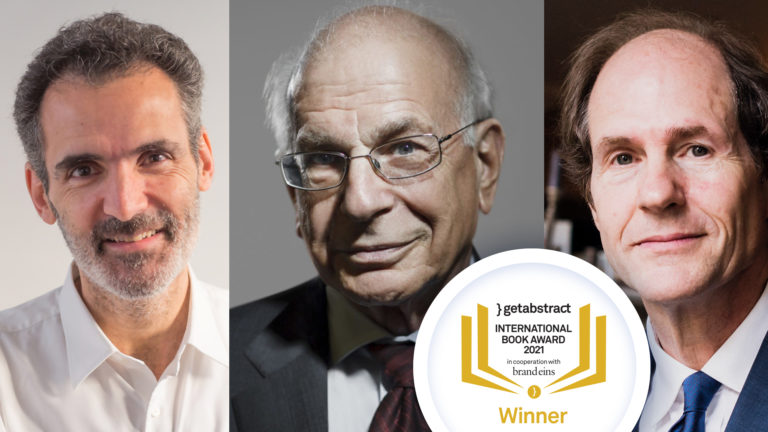Rejoignez getAbstract pour lire le résumé !

Rejoignez getAbstract pour lire le résumé !
Daniel Kahneman, Olivier Sibony and Cass R. Sunstein
Noise
A Flaw in Human Judgment
Little, Brown Spark, 2021
Aperçu
Wherever judgment exists, you will also find noise – and more of it than you think.
Recommendation
Professor Daniel Kahneman of Thinking, Fast and Slow brings his expertise in decision-making to bear on the phenomenon of noise. When you use your judgment to make evaluations or predictions, you are liable to make errors, without knowing how or why. For instance, people mistakenly believe that errors “cancel each other out” but they don’t. They add up. Examining medicine, the judicial system and insurance, Kahneman and co-authors Olivier Sibony and Cass R. Sunstein expose egregious, undetected errors that a “noise audit” could have diagnosed and avoided. By managing noise, they assert, you can solve problems instead of creating new ones.
Summary
About the Authors
Princeton emeritus professor and 2002 Economic Sciences Nobelist Daniel Kahneman wrote Thinking, Fast and Slow. Former McKinsey senior partner Olivier Sibony teaches strategy at HEC Paris and Saïd Business School, Oxford, and wrote You’re About to Make a Terrible Mistake! Bestsellers by Cass R. Sunstein – Department of Homeland Security senior counselor in the Biden administration and Harvard professor – include How Change Happens, and Nudge, co-authored with Richard Thaler.










































Comment on this summary